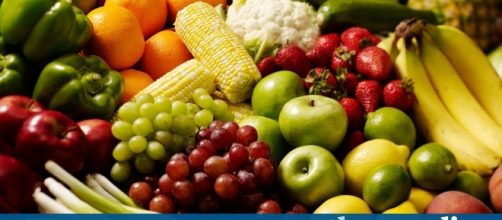Organic Agriculture has become big business. The idea that before Norman Borlaug ruined everything with the Green Revolution, with chemical fertilizers and intense farming, the food was grown so much better with natural compost and no insecticides. And don’t get the adherents of Organic Food started on GMOs, in their view the work of the Devil. One definitely not remind the hipsters who have gone organic that all of those frightful chemicals have likely saved a billion people from starvation. In any case, as it turns out, organic food is not only not more nutritious than the regular kind but is actually bad for the environment.
Why organic food is so expensive
Every supermarket these days has an organic section that is well stocked with vegetables that have been grown the old-fashioned way, with natural fertilizer. The problem is that no discernable difference exists between a vegetable grown the natural way and one grown with all of those icky chemicals. Numerous studies, including a recent one at Harvard University, indicate that there is little if any discernable difference between organic and conventional food, though the former may be less antibiotic resistant.
But growing food organically is more time-consuming and therefore more expensive, something that is reflected in the retail price one finds at the store.
The selling point for organic is that it is more “natural.” Natural in the minds of many people, especially those who have never been in nature, equals “good.”
It turns out that organically grown food is not good for the environment
Adherents of organic food maintain that natural agriculture is better for the environment, Organic farming doesn’t put a lot of nasty chemicals into the environment. But it turns out, according to ZME Science, this is not true either.
A study conducted by the Humboldt University of Berlin concluded that people who ate organic food took up 40 percent more farmland to produce what they ate than did people who ate conventional food. This is despite the fact that people who ate conventional food tended to consume more meat, a product that takes up more resources to produce.
The reason for the disparity is that organic farms have fewer crop yields than do the conventional kind.
The inconvenient truth of the matter is that if the world were to suddenly switch to organic food overnight not enough arable land exists on the planet to feed the seven and a half billion people who live on it. Untold numbers of individuals would be condemned to death while people would desperately clear more forests to plant the organic crops. Organic agriculture would be an environmental train wreck if it were ever to become the dominant mode of production.


